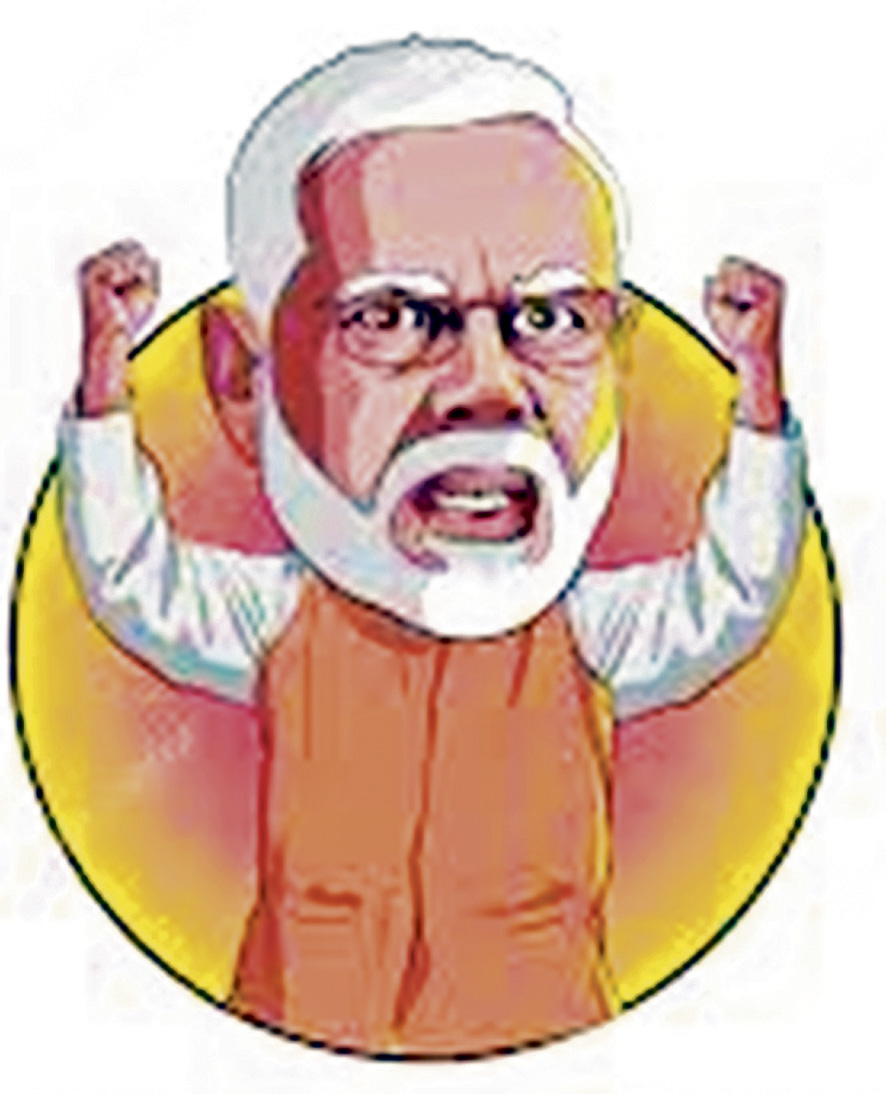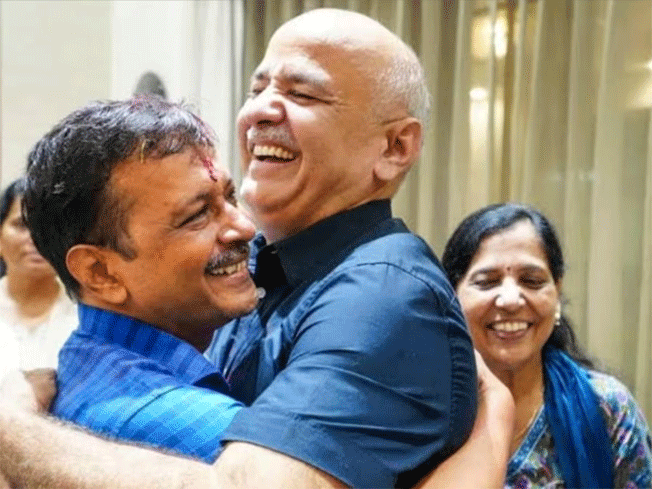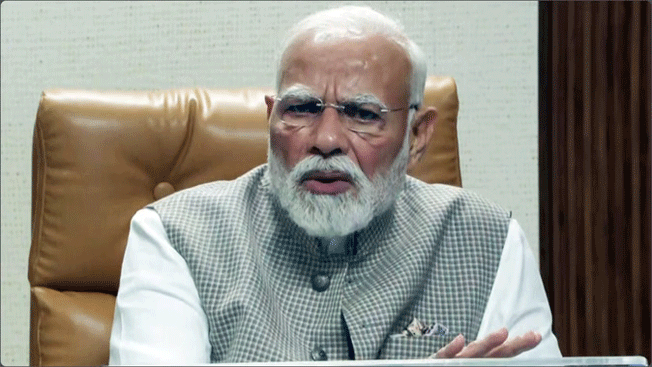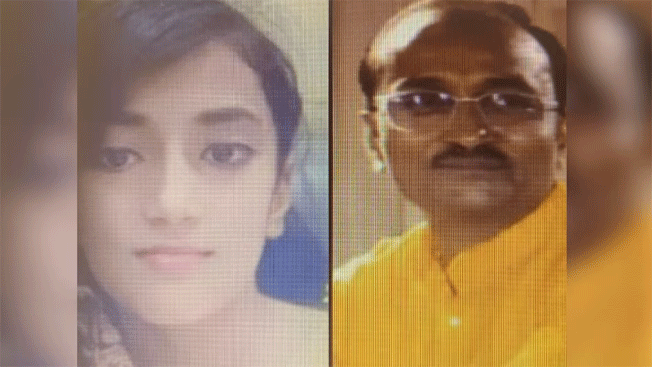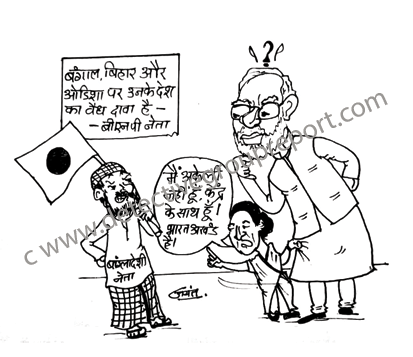The latest PEW research survey on Indians and religiosity has made headlines and sparked much debate. Can it teach us something about our politics?
People are not listening to Modi’s rivals because they are speaking a language they neither like, nor understand. You lecture them on secularism, people wonder if you are suggesting they are bigoted. You promise them socialism, but so does everyone else. Indian politics has invented the largest number of variants of socialism. You attack Modi for economic performance, and the answer is, a voter doesn’t live by roti-dal alone.
Over the decades, in the confusion of the agnostic, rational, inherited Nehruvian secularism — drummed into the heads of generations by intellectuals of the Left — Congress, and many other parties, especially in the heartland, have ceded religion to the BJP. India will never be secular because people put their religious identity aside. India will remain secular because it is deeply religious and its people have internalised poet Iqbal’s message: Mazhab nahin sikhata, aapas mein bair rakhna (religion doesn’t teach us to hate each other). You irritate me when you sermonise me. Take my secularism for granted, or I see it as a dog whistle to the minorities (Muslims) to vote for you.
This confusion between who’s a Hindu voter and who a secular one is one of the main reasons why Modi’s rivals have failed to mount a challenge to him. If the BJP wins by getting Hindu voters to consolidate, its opponents can’t beat it by bundling together the Muslims and some of the “others”, mostly specific caste groups. A credible challenger would need to bring Hindus and Muslims together, while they live in their own respective skins, neighbourhoods and kinships. That’s the political idiom and language the findings of this PEW survey commend.



